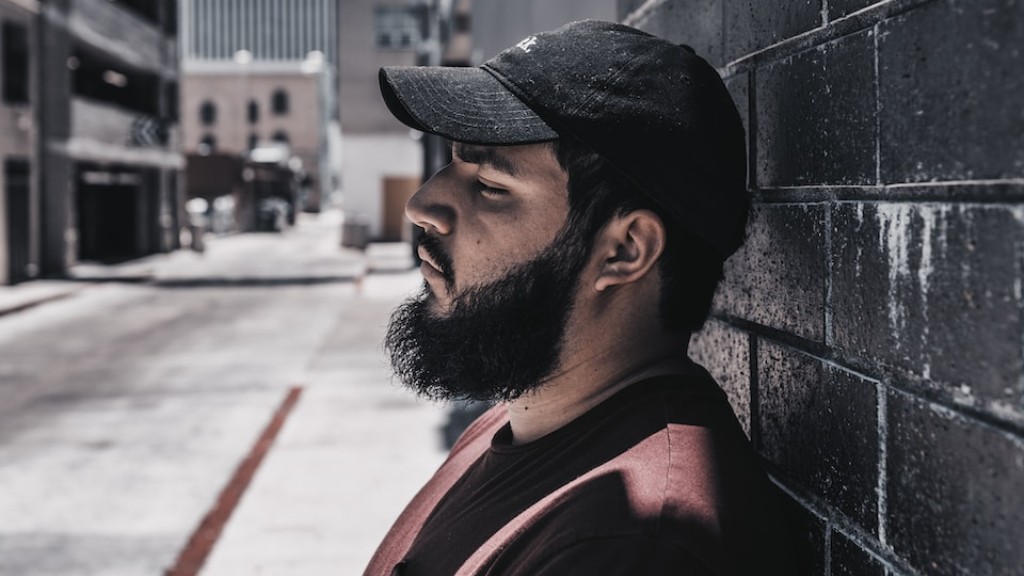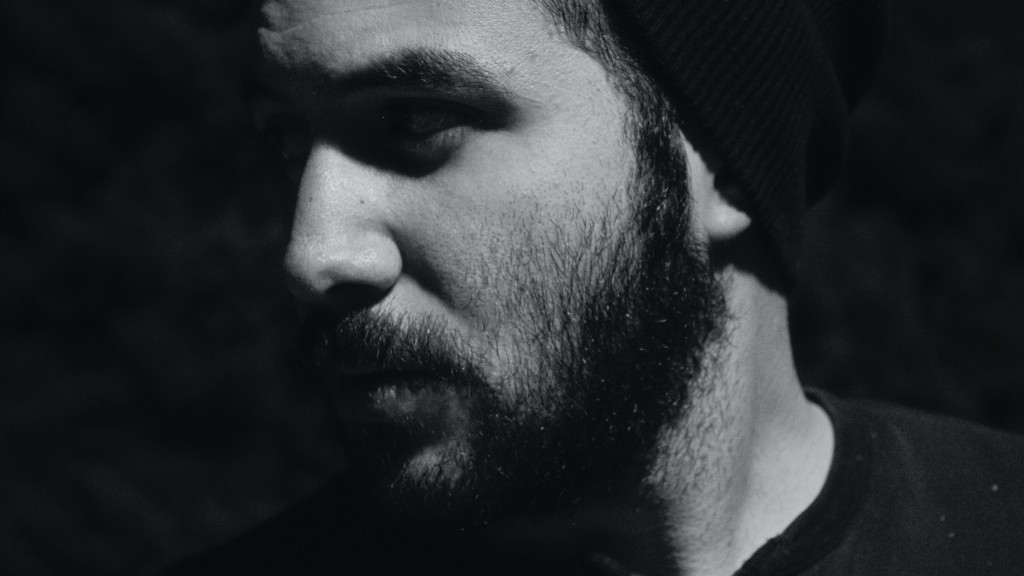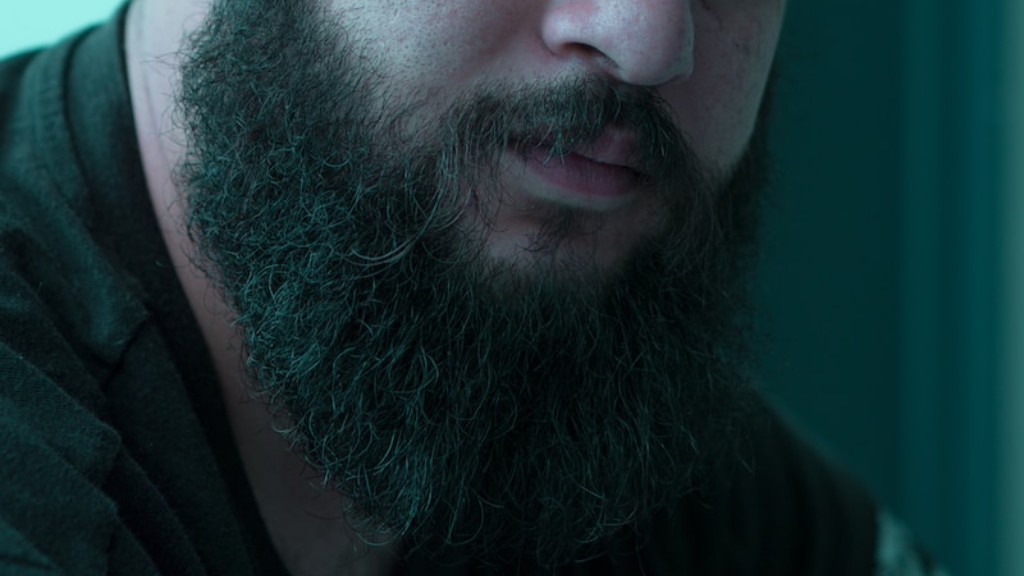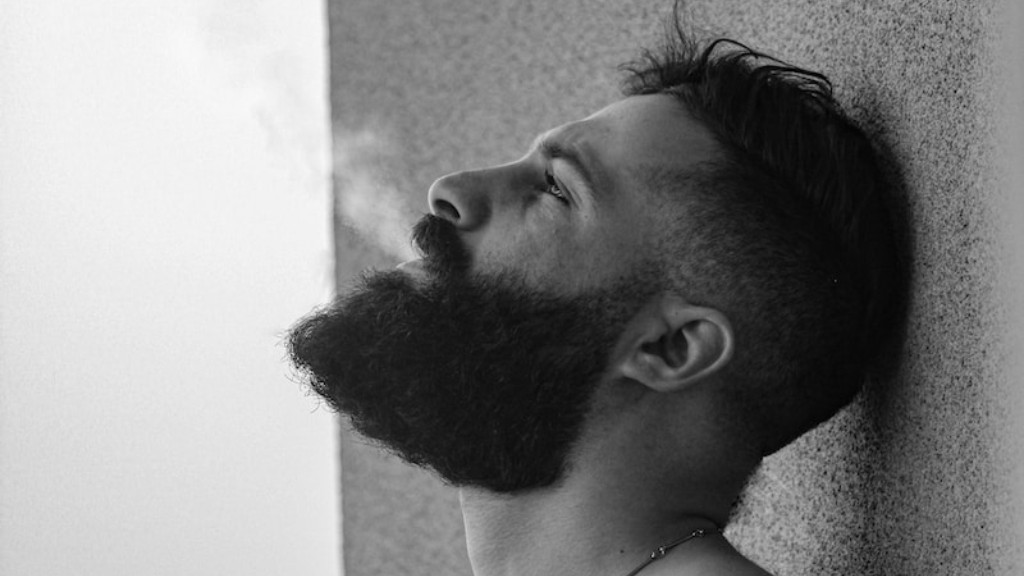There is no simple answer to the question of whether or not anyone can grow a beard. This is because there are a number of factors that can influence beard growth, including genetics, hormones, and age. However, while some people may have a tougher time growing a beard than others, it is generally possible for most people to be able to grow at least some facial hair.
No, not everyone can grow a beard. Some people can grow very thick, full beards, while others can only grow very thin facial hair. Testosterone levels play a role in how thick and full a man’s beard can grow, so men with higher levels of testosterone will typically be able to grow thicker beards.
How do you know if you can grow a beard?
If you’re looking to grow a beard, there are a few signs that you may not be able to achieve the facial hair you desire. First and foremost, genetics play a large role in the thickness and fullness of your beard. If your parents and grandparents don’t sport hairy faces, chances are you won’t be able to grow a thick beard either. Age is also a factor to consider; as you age, your beard may become thinner and patchier. Certain ethnicities are also more prone to beard growth (or lack thereof) due to different hair textures. Finally, unhealthy habits like smoking and excessive drinking can inhibit the growth of a healthy beard. Low testosterone levels can also prevent beard growth. If you suspect any of these issues may be affecting your ability to grow a beard, it’s best to consult with a doctor or dermatologist.
Dr Jennifer Chwalek is an expert on the topic of hair growth in men. She explains that hair growth is based on both genetics and hormones. Some men have more hair follicles than others, which allows them to grow denser, coarser beards. Testosterone is converted into dihydrotestosterone in the hair follicle, which is a more potent form that helps with hair growth.
Can I get testosterone to grow a beard
There is some evidence that suggests that for men with clinically low testosterone, taking supplements under a doctor’s supervision may help increase beard growth. However, if your testosterone is within the normal range, taking supplements will most likely not help. Additionally, you can be genetically predetermined for a scant beard, even if your testosterone is normal. Therefore, if you are concerned about your beard growth, it is best to consult with a doctor to determine the best course of action.
There’s not much you can do to change your genetics when it comes to how thick your beard will grow. However, living a healthy lifestyle and eating a balanced diet can help you maximize your beard growing potential. Many men’s beards continue to get thicker into their 30s.
At what age full beard comes?
If you’re not getting the beard growth you want at around age 18, it may be because it’s not your time. Full beard growth is possible starting at around age 18, but for many men, that time may not arrive until they’re 30. So if you’re patient, you may yet see the beard of your dreams.
The most common cause of beardlessness is genetics. If your father and grandfather could not grow a beard, chances are you cannot either. Testosterone levels should be checked by a doctor, as low levels may be the cause of beardlessness. Even if testosterone levels are normal, you may not have the necessary receptors for beard growth. There are no creams, oils or tablets that can induce beard growth.
Why am I 22 and cant grow a beard?
Facial hair growth is determined by many factors, including genetics. Some men may start to grow a beard in their late teens, while others may not see full growth until they are in their 30s. Ethnicity can also affect beard growth, with some men of certain backgrounds seeing full growth earlier than others.
Growing a thick beard can be difficult for some men, due to genetics. While there are some people who are predisposed to growing a thicker beard, there are also many people who don’t give themselves the best chance for success. If you’re struggling to grow a thick beard, don’t give up hope – there are a few things you can do to improve your chances. First, make sure you’re using a good quality beard oil or balm to keep your beard hydrated and healthy. Secondly, try using a boar bristle brush to help stimulate growth. Finally, be patient – it can take time for your beard to reach its full potential.
How do you know if your testosterone is low
It’s important to see your doctor if you suspect you have low testosterone levels. Low testosterone can cause a range of symptoms, including decreased sex drive, erectile dysfunction, and enlarged breasts. Early diagnosis and treatment is important, as low testosterone can affect your quality of life.
Patchy beards are not usually the result of low testosterone levels. Rather, it mostly comes down to how sensitive your hair follicles are to dihydrotestosterone (DHT), a male sex hormone produced by testosterone.
What are the symptoms of low testosterone in men?
Low testosterone (or “low T”) is a condition that affects men when their testosterone levels drop below normal. Testosterone is a hormone that plays an important role in male development and sexual function. Low testosterone can cause a variety of symptoms, including reduced sex drive, erectile dysfunction, loss of armpit and pubic hair, shrinking testicles, and hot flashes. Low testosterone can also cause male infertility.
There are a few reasons why this may be the case. For one, the hair follicles of Caucasian and African men are generally thicker than those of Asian men. Additionally, the testosterone levels of Caucasian and African men are typically higher than those of Asian men, which also contributes to thicker hair growth. Finally, the facial hair of Caucasian and African men is usually more coarse than that of Asian men, which makes it easier for them to grow thick beards.
How can I stimulate my beard to grow
Use a comb to regularly brush your beard and stimulate the hair follicles. This will help to distribute the natural oils produced by your skin down the length of the hair. Massaging and moisturising can also encourage facial hair growth.
Shaving your beard has no impact on its growth, thickness, or hardness. This is a myth that has been debunked by science.
At what age beard growth stops?
There are a few different reasons why facial hair growth may stop. It could be due to changes in hormone levels, aging, or certain medications. If you’re concerned about your facial hair growth stopping, talk to your doctor.
According to this graph, facial hair of any kind is more attractive to women than a clean shaven face. This study was published in the Journal of Evolutionary Biology in 2016. The study also found that women were not only more attracted to men with facial hair, but expected to have longer relationships with them.
Final Words
No, not everyone can grow a beard. Some people are unable to grow facial hair, while others can only grow very patchy, thin beards.
Yes, anyone can grow facial hair, but not everyone can grow a beard. Beards require a higher density of hair follicles than other facial hair, and some people’s hair follicles are not able to grow the thicker, longer hairs needed for a beard.





